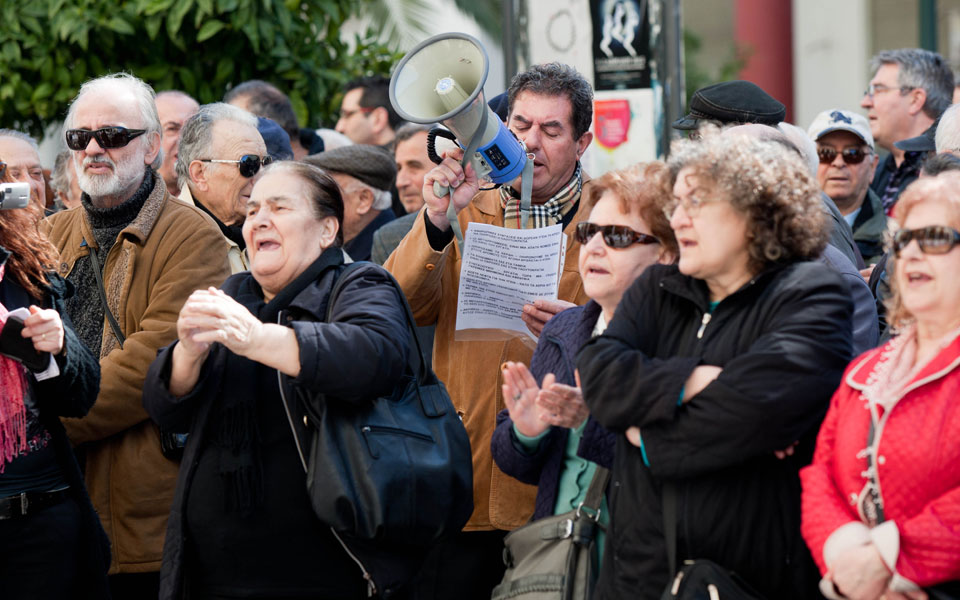Taxpayers have paid dearly for 720-mln-euro ‘social dividend’

It took 2.7 billion euros in new taxes and pension cuts for the government to beat the primary surplus target by 1.9 billion euros this year.
In total, 6.2 million taxpayers were forced to pay an average of 410 euros each for the government to distribute an average handout of 180 euros branded the “social dividend” to fewer taxpayers (almost 4 million). The relevant bill that was tabled in Parliament on Tuesday does not specify how the handout will be distributed.
Cripplingly high taxes and social security contributions, combined with a freeze on investments, gave the prime minister the chance to issue a nominal social dividend of 1.4 billion euros, which actually amounts to 720 million for low-income people – as the rest goes toward covering government obligations.
For this surplus primary surplus to be attained, the government did the following:
– Hiked solidarity levy rates, mainly for annual incomes in excess of 30,000 euros.
– Lowered the tax-free limit for pensioners and salary workers.
– Raised taxation on oil, gasoline, coffee and tobacco. The latest data show that increasing the special consumption taxes on beer and on coffee has fetched 140 million and 40 million euros respectively.
– Hiked value-added tax rates to the effect that 62.4 percent of goods and services are now in the top VAT bracket (24 percent), compared to 33.6 percent up until last year.
– Slashed the heating oil allowance by about 50 percent.
– Cut pensions and almost abolished the allowance for low-pension retirees (EKAS).
– Raised the retirement age and social security contributions.
Also the erroneous estimate of Single Social Security Entity (EFKA) revenues turned its deficit of 1 billion euros into a 200-million-euro surplus.





